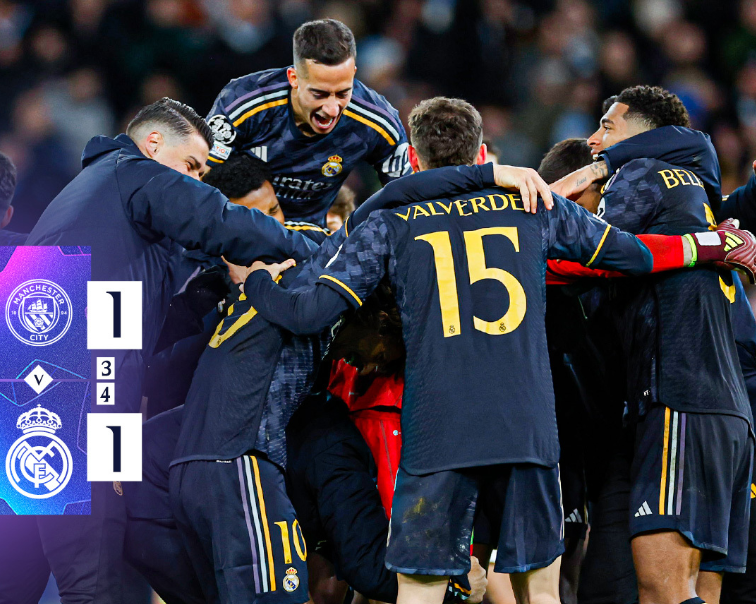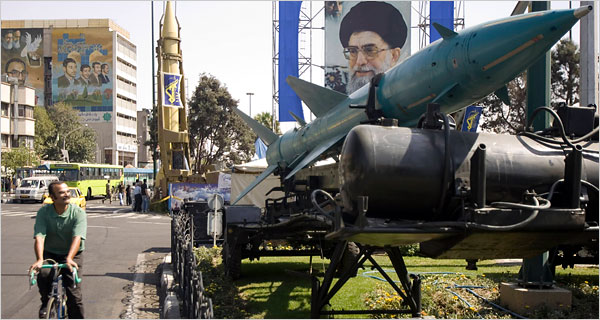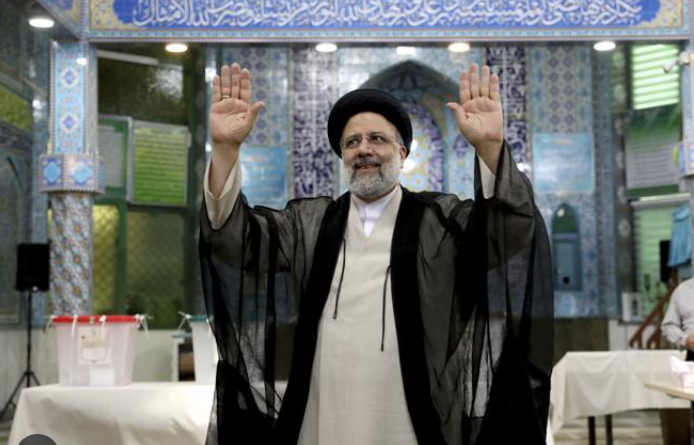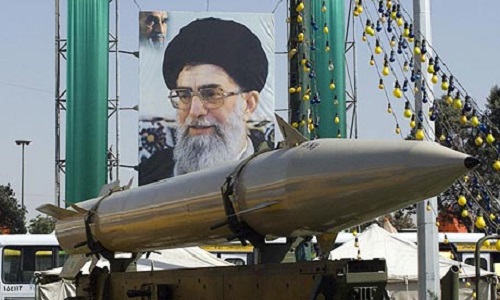[ad_1]
BRUSSELS (Reuters) – EU leaders shunned Theresa May’s summit plea to negotiate a post-Brexit trade deal on Friday but sweetened the pill for the fragile British prime minister with warm words and a gesture toward future talks.
May asked the other 27 over dinner in Brussels on Thursday to help her quell calls in Britain for her to walk out of deadlocked talks on a divorce settlement by giving assurances they expect to get to a deal in the coming weeks. They obliged with some long anticipated language in a formal statement.
But perhaps as important for the Conservative leader, under fire from party rivals over her efforts to ease Britain gently out of the European Union in 2019, were markedly upbeat remarks from German Chancellor Angela Merkel and images, much reproduced in British media, of May engaged in animated, friendly conversation with Merkel and French President Emmanuel Macron.
With talks on the divorce package deadlocked mainly over a refusal by May to detail how much she is willing to pay of the around 60 billion euros ($70 billion) that Brussels is demanding, she said again that a final figure would depend on what future relationship is negotiated — and urged the EU to move ahead and open talks on a post-Brexit free trade pact.
EU diplomats said some leaders present at the dinner understood that May had gone somewhat further than she did in a keynote speech last month in Florence, while others believed she had stuck to an insistence that the EU’s financial demands had “no legal framework” but that London would make a contribution.
HONOUR COMMITMENTS
Asked at a news conference whether she had improved her offer, which officials calculate as representing about 20 billion euros, May said she had repeated what she said in Italy — namely that the other 27 countries would not lose out in the current EU budget plan and Britain would “honour its commitments”. EU officials say she won’t say what those are.
She told reporters on Friday that she was “positive and optimistic” about getting a deal that would benefit both sides but added: “We still have some way to go.”
Merkel told a late-night news conference after the dinner: “In contrast to how it is portrayed in the British press, my impression is that these talks are moving forward step by step”.
The German chancellor said suggestions in Britain that talks should be broken off were “absurd”.
“I have absolutely no doubts that if we are all focused … that we can get a good result,” she said. “From my side there are no indications at all that we won’t succeed.”
After May left on Friday morning, the other 27 took less than two minutes to endorse a prepared statement that Britain had failed to make “sufficient progress” on offers to settle three key issues on a withdrawal treaty — namely rights for EU citizens in Britain, the new Irish border and the “Brexit bill”.
However, the leaders held open the hope of reaching a deal at the next regular summit in December. And in a move that could save weeks of delay, they ordered EU negotiators to start preparing for what Brussels will want in a transition period.
But they still want the money. The text read: “The European Union … notes that, while the UK has stated that it will honour its financial obligations taken during its membership, this has not yet been translated into a firm and concrete commitment from the UK to settle all of these obligations.”
Like Merkel, other leaders emphasised the positive too: Maltese Prime Minister Joseph Muscat called May’s speech her “best performance yet” and “a warm, candid and sincere appeal”. Ireland’s Leo Varadkar said it was “very strong”.
But others complained they had heard little new of substance and rejected May’s repetition of London’s view that demands for money from Brussels have “no legal framework”. Austrian Chancellor Christian Kern said “rhetorical progress” needed to be followed by “tangible conclusions”.
Analyst Mujtaba Rahman at Eurasia Group said: “The next eight weeks will be the most challenging for … Theresa May and the most consequential for Brexit.”
“May’s premiership will face maximum danger at the point her government concedes more ground on money, and prepares to better define the end-state agreement the UK will seek.”
Additional reporting by Gabriela Baczynska, Jan Strupczewski and Alastair Macdonald; Writing by Alastair Macdonald, editing by Elizabeth Piper
[ad_2]
Source link







Leave a Reply